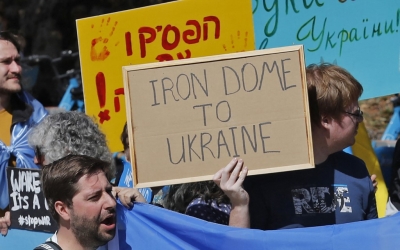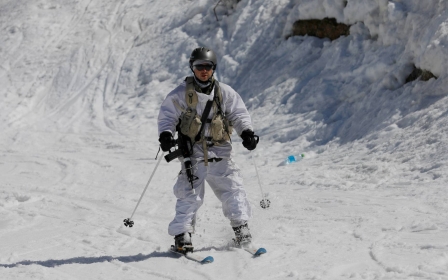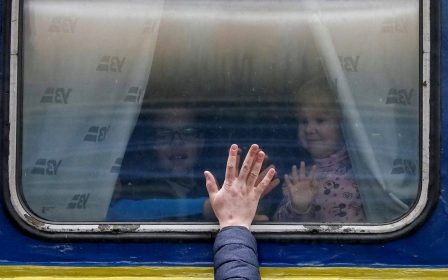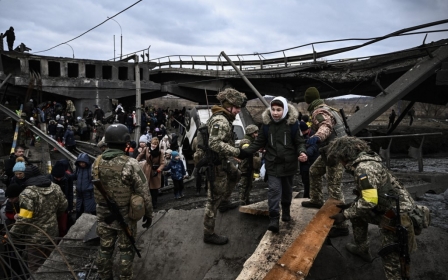Russia-Ukraine war: Israel's Bennett meets Putin in Moscow to discuss crisis
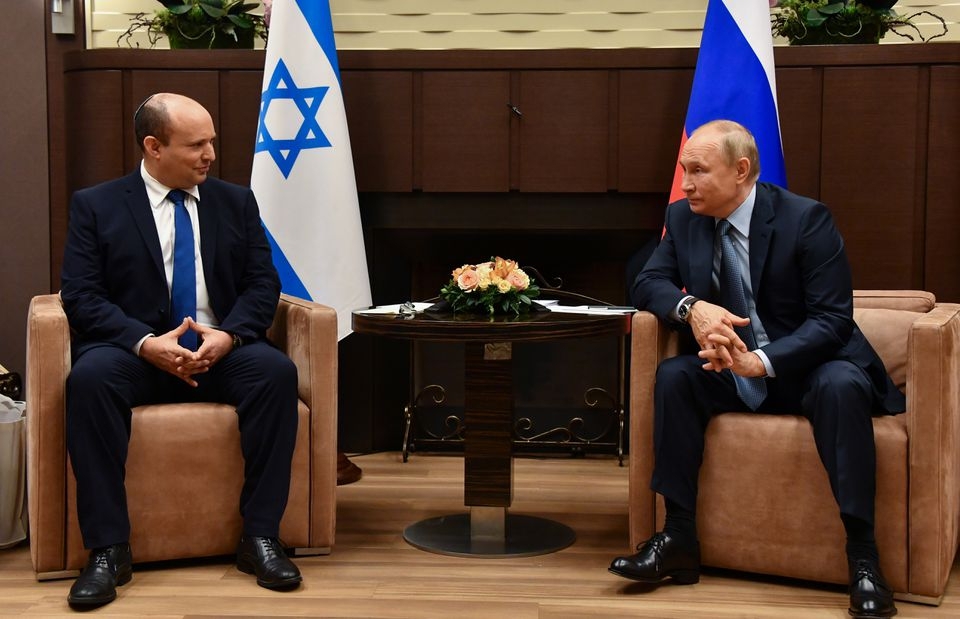
Israeli Prime Minister Naftali Bennett met his Russian counterpart Vladimir Putin in Moscow on Saturday to discuss the Ukraine crisis, his spokesperson said.
The move was coordinated with US, Germany and France, an Israeli official later detailed.
Following the meeting with Putin, Bennett spoke to Ukrainian President Volodymyr Zelensky in a phone call, a spokesman for the Israeli leader said.
Israel has offered to mediate in the conflict between Russia and Ukraine, though officials have previously played down expectations of a breakthrough.
While Israel, a close ally of the United States, has condemned the Russian invasion, voiced solidarity with Kyiv and sent humanitarian aid to Ukraine, it has said it will maintain communications with Moscow in the hope of helping to ease the crisis.
Israel is also mindful of Moscow's military support for President Bashar al-Assad in neighbouring Syria, where Israel regularly attacks Iranian and Hezbollah military targets. Contacts with Moscow prevent Russian and Israeli forces trading fire by accident.
A spokesman for Turkish President Recep Tayyip Erdogan announced on Saturday that he would also speak to Putin, with plans to tell the Russian leader to stop the invasion of Ukraine during a call on Sunday.
Nato member Turkey shares a maritime border with Ukraine and Russia in the Black Sea and has good ties with both countries. Ankara has opposed sanctions on Moscow, but also described its invasion of Ukraine as unacceptable, called for a ceasefire and offered to host peace talks.
Middle East Eye delivers independent and unrivalled coverage and analysis of the Middle East, North Africa and beyond. To learn more about republishing this content and the associated fees, please fill out this form. More about MEE can be found here.


